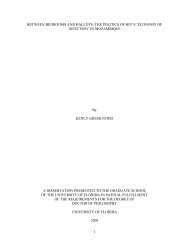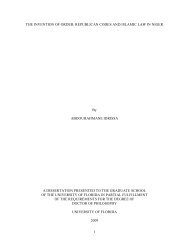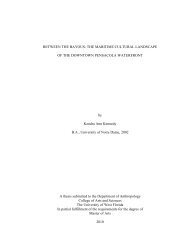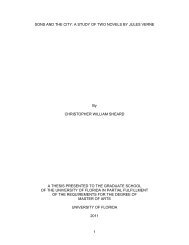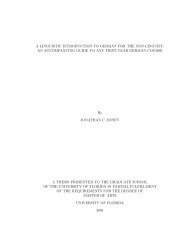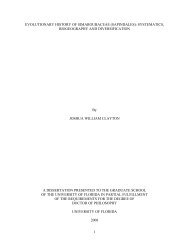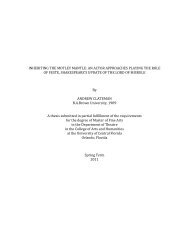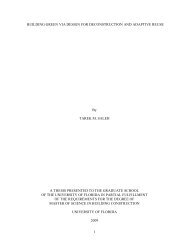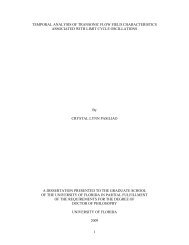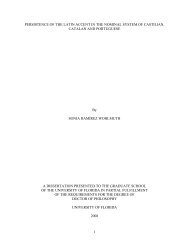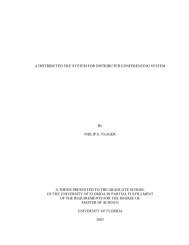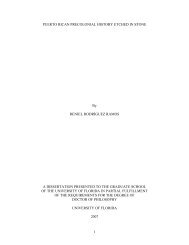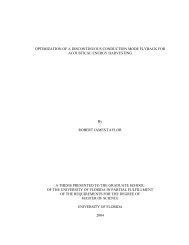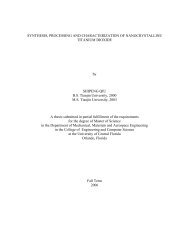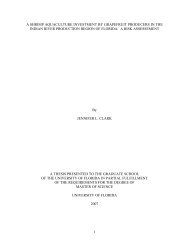t b a b a
t b a b a
t b a b a
You also want an ePaper? Increase the reach of your titles
YUMPU automatically turns print PDFs into web optimized ePapers that Google loves.
2.4 Physical Implementations of Quantum Computer<br />
Implementations of quantum computers will be a difficult experimental challenge. Several<br />
physical implementations were proposed and at this time it is very difficult to assess in full<br />
the relative merits and potential of each of these approaches. Significant progress is reported<br />
in each of these areas, but a real breakthrough has not been achieved in any of them.<br />
David DiVincenzo(IBM) criteria gave the five (plus two) essential characteristics of the<br />
physical implementations of quantum computation and information processing [Div00]:<br />
• A physical system has well characterized qubits and is scalable. The embodiment of<br />
a qubit is a quantum two-level system, such as the two spin states of a spin 1/2<br />
particle, or the ground and some excited state of an atom, or the vertical and horizontal<br />
polarization of a single photon. A “well characterized” qubit should have accurately<br />
known physical parameters, including: the internal Hamiltonian (which determines the<br />
energy eigenstates of the qubit); the presence of and couplings to other states of the<br />
qubit; the interactions with other qubits; and the couplings to external fields that might<br />
be used to manipulate the qubit. If the qubit has a third, fourth, and other higher<br />
energy levels, the probability of the transitions to such states from the characteristic<br />
states must be very low and under the control of the physical system.<br />
• The ability to initialize the state of the qubits to a simple state, such as | 000...〉. As in<br />
classical computing, the registers must be initialized to a known value before the start of<br />
20



